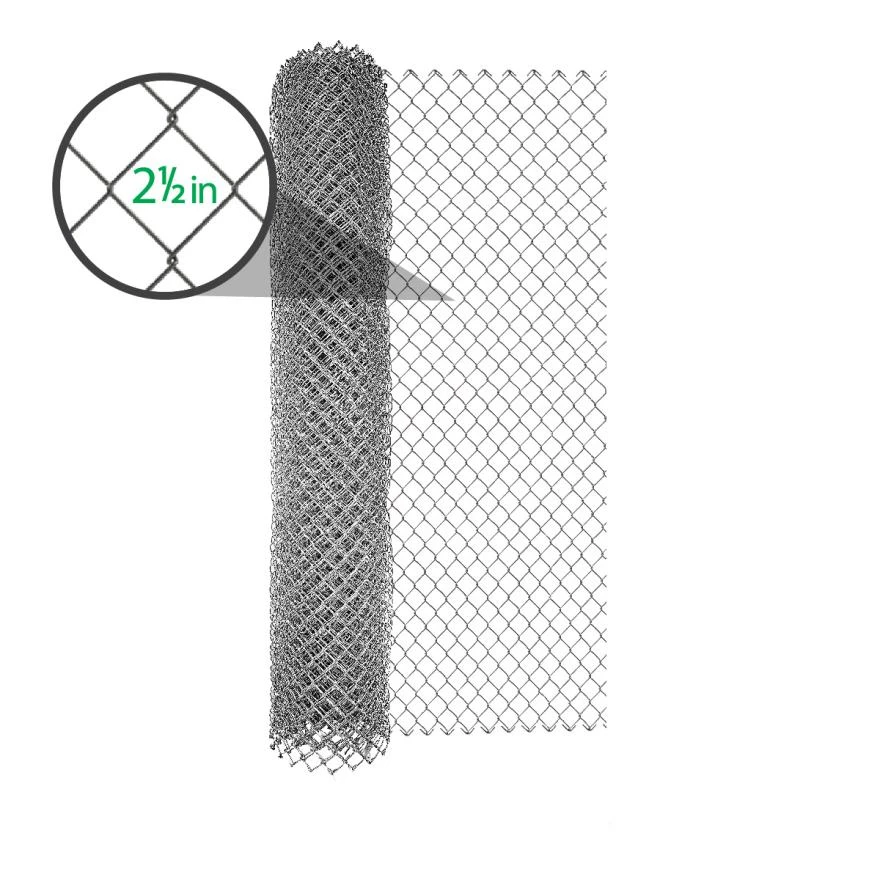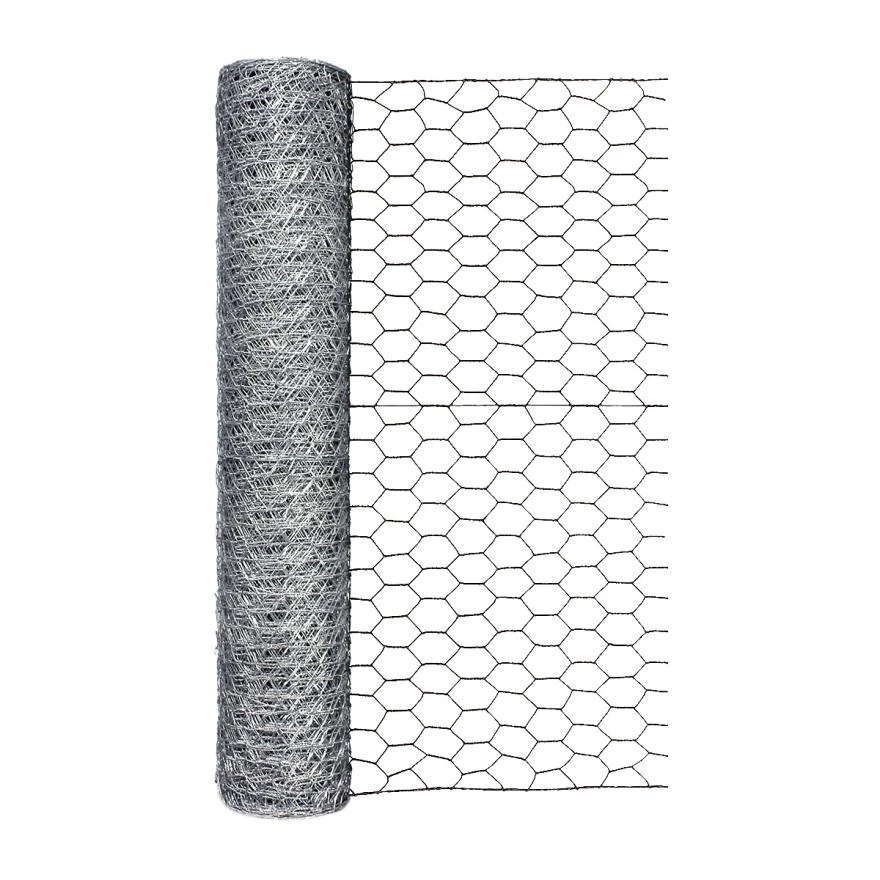Exploring the Benefits and Uses of Coil Nails in Construction and Home Improvement Projects
Jul . 20, 2024 02:28
Exploring the Versatility of Coil Nails An In-Depth Look at 1-1/4 Inch Options
When it comes to construction and carpentry, the right fastener can make all the difference in ensuring structural integrity and project efficiency. Among the various types of nails available, coil nails have gained considerable popularity due to their unique design and practical advantages. In this article, we will delve into the specifics of 1-1/4 inch coil nails, exploring their applications, benefits, and considerations for use.
Understanding Coil Nails
Coil nails are connected in a circular strip, which allows for rapid feeding and efficient use with pneumatic nailers. Unlike traditional nails that are sold individually, coil nails can be loaded into nail guns in a way that minimizes downtime and maximizes productivity. This makes them an ideal choice for high-volume projects requiring a significant number of fasteners to be deployed quickly.
The 1-1/4 Inch Coil Nail
Among the many sizes available, the 1-1/4 inch coil nail is particularly versatile. This length is suitable for a variety of applications ranging from light framing to interior finishing. It strikes a good balance between being long enough to provide a secure hold while remaining manageable for precise work.
Typically, 1-1/4 inch coil nails feature a round head, which provides reliable holding power without excessive surface area that might interfere with the material being fastened. They are commonly manufactured with different materials, including galvanized steel for outdoor applications and smooth or ring-shanked designs to enhance grip.
Applications of 1-1/4 Inch Coil Nails
One of the most common uses for 1-1/4 inch coil nails is in roofing and siding projects. Because of their quick application and robust holding capabilities, they are suitable for fastening shingles and other exterior materials. Moreover, they can also be utilized in subflooring, drywall installation, and even furniture assembly.
coil nails 1 1 4

Additionally, coil nails are extensively used in the manufacturing of pallets and crates, as their efficiency allows for the rapid assembly of these items while ensuring durability during transportation.
Advantages of Using Coil Nails
Several advantages make coil nails stand out in the construction industry. Firstly, their design facilitates high-speed application via pneumatic tools, drastically reducing the time needed for fastening compared to manual methods. This efficiency can be a game-changer on large-scale projects where time is money.
Secondly, coil nails are generally less prone to bending compared to regular nails, providing greater reliability during installation. Their ability to maintain structural integrity under stress makes them favorable for load-bearing applications.
Finally, their compact packaging allows for more nails to be stored in less space, making it easier for contractors to transport and store materials on-site without sacrificing availability.
Considerations When Using Coil Nails
While 1-1/4 inch coil nails offer numerous benefits, it’s essential to consider the material and specific type of coil nail required for each project. For outdoor applications, opting for galvanized or stainless steel coil nails is crucial to resist corrosion. Furthermore, the choice between smooth and ring shank nails can affect holding power, with ring shank nails providing superior grip.
In conclusion, 1-1/4 inch coil nails embody versatility and efficiency, making them a staple in various construction and woodworking projects. By understanding their applications, advantages, and best practices, builders and DIY enthusiasts can leverage these fasteners to achieve optimal results in their endeavors. Whether for large construction projects or small repairs, the right choice of nails ensures that materials are secured effectively and efficiently, paving the way for successful outcomes.









 Unity
Unity Creation
Creation Challenge
Challenge Contribution
Contribution










